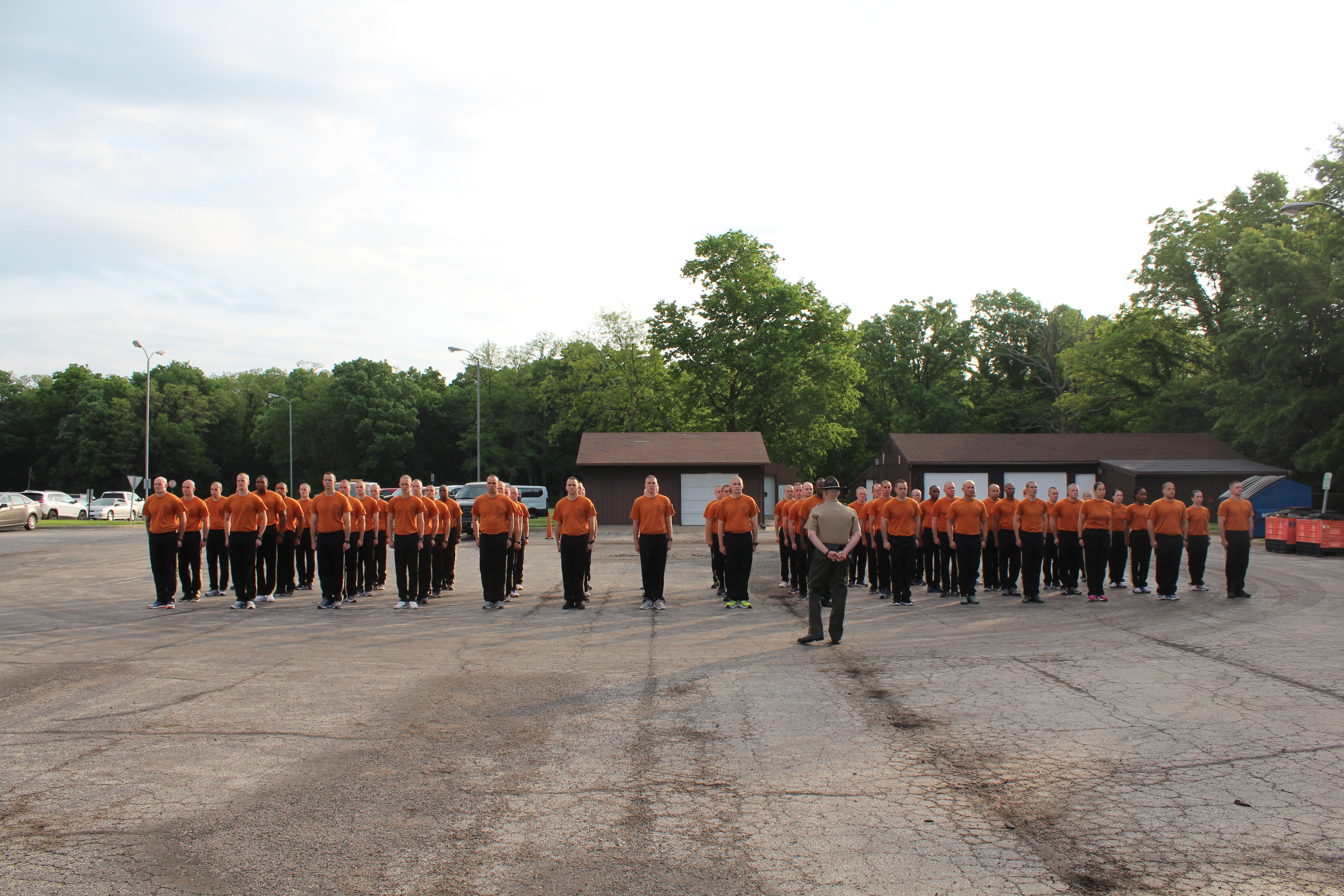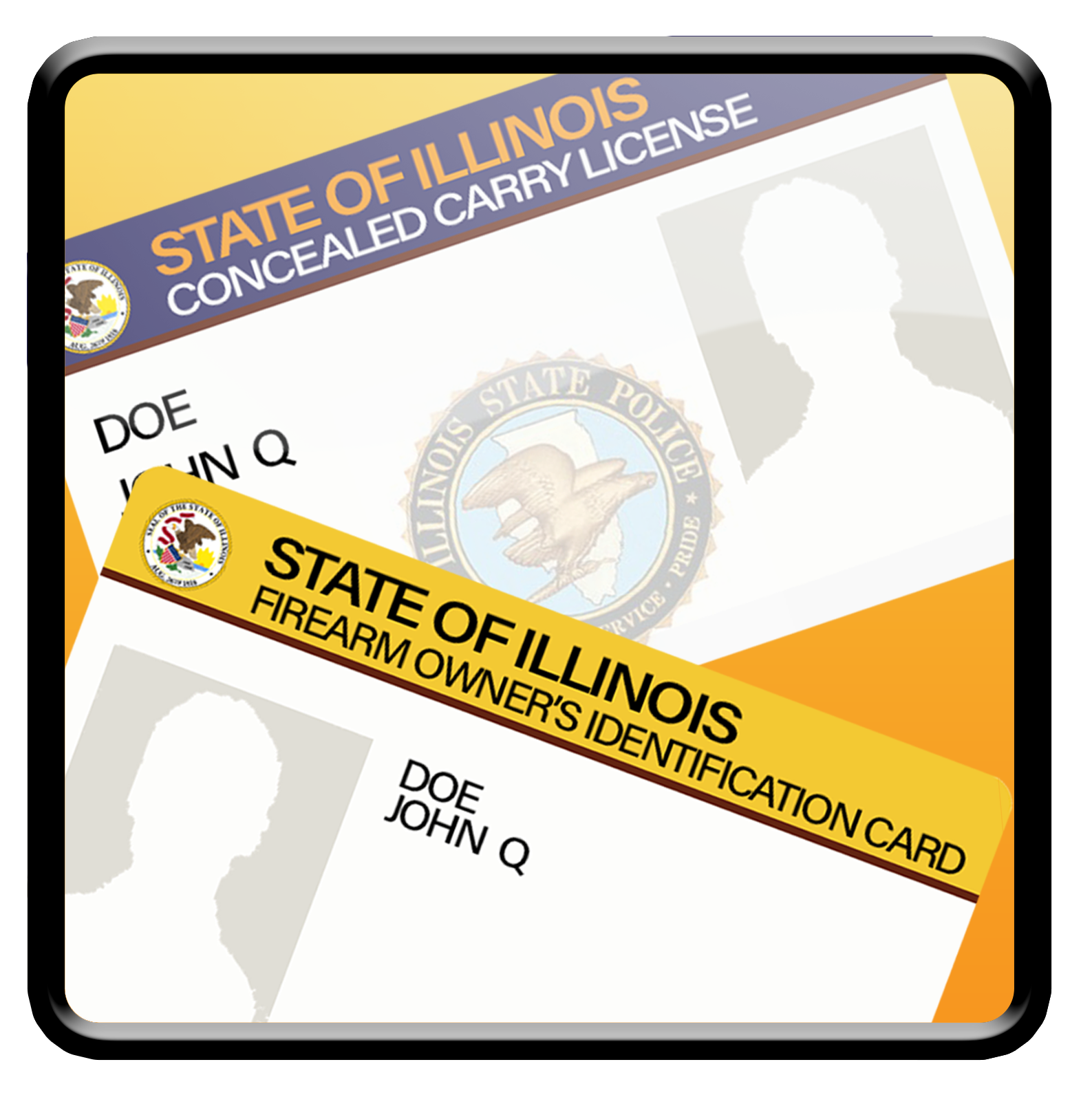
Cadet Code of Conduct and Disciplinary System
The Illinois State Police takes pride in being one of the most reputable, professional, ethical, and moral police agencies throughout the world. From the moment the Cadets arrive for “check-in” day, they are instructed, monitored, evaluated, and corrected on training objectives. In addition to training objectives, Cadets are strictly held accountable to the Cadet Code of Conduct outlined in the Cadet Guide. The Cadet Code of Conduct emphasizes the three guiding values of the Illinois State Police; Integrity, Service, and Pride. Through those values, the Illinois State Police strives to improve the quality of life for our citizens, safeguard the public, and provide leadership throughout the organization to promote personal and professional growth. As outlined in this Code, all Cadets are expected to meet or exceed the behavior standards. Cadets must commit to the highest ethical principles possible; honoring the star and uniform of the Illinois State Police. This Code not only dictates conformity of behavior from Cadets, but also measures their ethical and moral well-being in a controlled environment.
The Illinois State Police Cadet Disciplinary System is intended to maintain and promote order and structure among Cadets. Self-discipline and integrity are necessary for an Illinois State Police officer to function effectively in a position of public trust. Each Cadet must fully accept the responsibility for his or her actions or failure to act during Academy training and beyond. The Cadet Disciplinary System is intended to be just, instructional, and corrective to develop Troopers who exemplify high moral and ethical standards personally and professionally.
Cadet class supervision is provided by counselors and Teaching Assessing and Correction (T.A.C.) officers. The counselors are ISP officers on Temporary Duty Assignment from the field who serve as positive role models for the Cadets. Cadet counselors instill ethics, morals and integrity to Cadets throughout their training. The counselors also provide educational guidance, address Cadet strengths and weaknesses, offer mentorship, and aid in developing appropriate training clarifications for Cadet remediation.
T.A.C. officers, who also assist in Cadet supervision, can be temporary duty assigned officers from the field or full-time sworn Academy staff members. The primary purposes of T.A.C. Officers are to:
- serve as direct role models of professional demeanor and conduct;
- conduct all inspections, drill and ceremony;
- assign disciplinary sanctions; and
- build a strong command presence
Since opening the doors in 1968, the Illinois State Police Academy has strictly held Cadets accountable to the highest ethical, moral, and behavior standards. Although the faces of Command and Staff have changed throughout the years, the Academy’s focus has never wavered, producing some of the finest law enforcement officers in the country.























